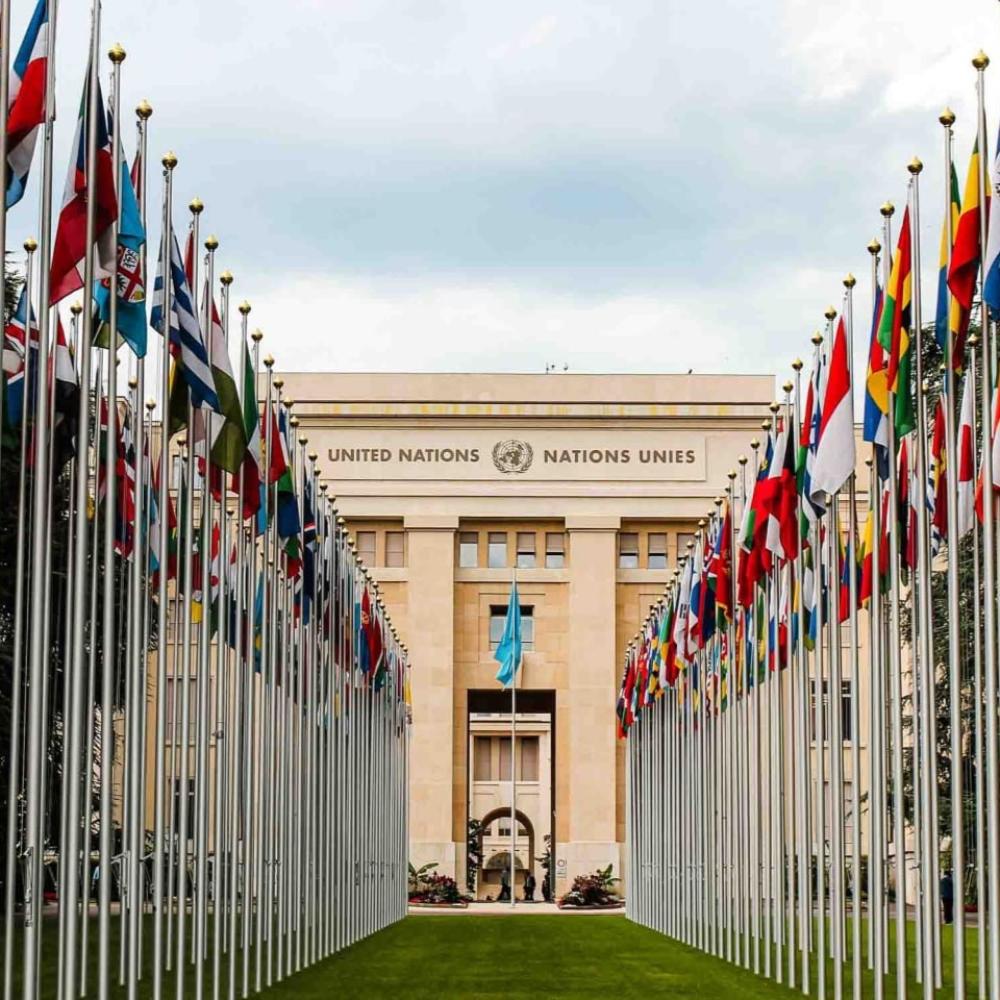The Peace Potential in Separating Nations from State
The pen may be mightier than the sword, but we can’t escape the sword’s power to corrupt the word—the conditions under which the logos emerges are significant. Insulating and protecting expression and dialogue from the shadow of violence and economic influence is a fundamental challenge in political and cultural life.
When language and conversation are not clearly separated out from power, be it physical or economic, the exchange becomes multi-layered: things are going on beneath the surface that we are not privy to. We deceive ourselves if we overlook this. The cooperation of the criminal who silently accepts a verdict and offers their hands for cuffing seems eerily unreal if our eyes are closed to the threat of coercion they are under from the courtroom around them. The recorded confessions of Abu Zubaydah, the prisoner at Guantanamo, make no sense once we’ve seen his drawings of the conditions he was subjected to. By contrast, when Desmond Tutu and Nelson Mandela offered a field for human expression beyond juristic interference—during the Truth and Reconciliation Commission activities in South Africa—they took away the sword and gave the word space to emerge. Insofar as truth could be spoken, people could accept it, grieve, and find reconciliation and forgiveness on a collective level.
The dynamic between pen and sword—between meaning and coercion—issues a practical challenge to separate power or the threat of violence from important domains of collective life. (Economic influence is, of course, an equally important consideration that should not be underestimated.) The connection between the nation and the state is one point of entry to discussing this dynamic. “Nation” in this context refers to a linguistic and cultural community—a group of people who share a language and cultural and historical aspects of their identity. The “state”, by contrast, at least before the 1800s, was not narrowly identified with a single nation—the state contained many nations and nations had exchanges that were not connected to state concerns.
The state—with its sovereign territories and the linguistic and cultural communities that it is a vehicle for—is therefore a relatively recent development. Earlier states “…were defined by centers, borders were porous and indistinct, and sovereignties faded imperceptibly into one another.”(1)This orientation and its accompanying level of consciousness—which allowed for the intersection of eternity and linear time and a distinct sense of the enduring nature of the spiritual—are difficult for us to imagine today. Our weakness in imagining this premodern orientation is at the same time our strength in imagining the modern nation-state. The emergence of rationalism and the retreat of spiritual worldviews arise simultaneously as nationalism—people begin to conflate nation and state. Benedict Anderson—one of the most influential political scientists on this subject in the last 50 years—understood this shift in consciousness. In his famous study on nationalism, Imagined Communities, he points out what has become the most widespread modern understanding of the state: “Indeed, nation-ness is the most universally legitimate value in the political life of our time”.(2)
This excerpt comes from an article originally published in the (online exclusive) English Edition of the weekly Newsletter ‹Das Goetheanum›. You can read the full article on the website of ‹Das Goetheanum›.
Image View of UN Headquarters in Geneva. Photo: Mathias Reding via Pexels
1, Benedict Anderson. Imagined Communities: Reflections on the Origin and Spread of Nationalism. Verso, 2006, 19.
2. Ibid. 3.

